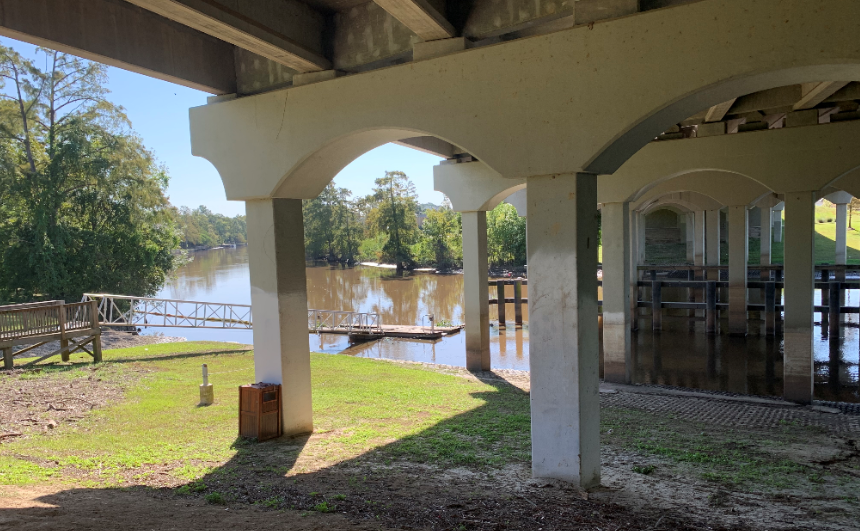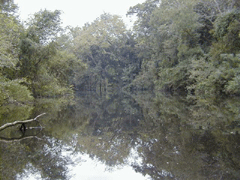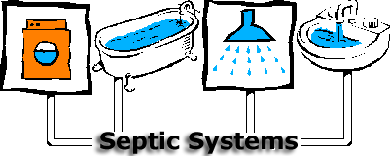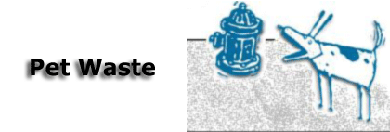
Recycle or properly dispose of household products that contain chemicals, such as insecticides, pesticides, paint, solvents, and used motor oil and other auto fluids.

Students learning about storm water pollution

Litter free waterway

Don’t pour them onto the ground or into storm drains! Excess fertilizers and pesticides applied to lawns and gardens wash off and pollute waterways. In addition, yard clippings and leaves can wash into storm drains and contribute nutrients and organic matter to waterways. It may also hinder proper drainage.

Leaking and poorly maintained septic systems release nutrients and pathogens (bacteria and viruses) that can be picked up by Stormwater and discharged into nearby waterbodies. Pathogens can cause public health problems and environmental concerns.

Washing your car and degreasing auto parts at home can send detergents and other contaminants through the storm sewer system. Dumping automotive fluids into storm drains has the same result as dumping the materials directly into a water body.
| Product | Better Alternative |
| Bleach | Borax or hydrogen peroxide |
| Chrome cleaner | Apple cider vinegar to clean, baby oil to polish |
| Drain cleaner | Boiling water and plunger or plumber's snake |
| Engine cleaner | Steam clean the engine in a dedicated service area |
| Fiberglass stain remover | Baking soda paste, scrub pad, "elbow grease" |
| Paint stripper | Physically remove old paint without chemical use. Avoid products containing methylene chloride, trichloroethylene, benzene, trichloroethane, xylene or toluene. |
| Scouring powders | Baking soda and "elbow grease". |
| Window cleaner | Vinegar and lemon juice mixed in lukewarm water. |
| Wood polish | Olive oil or almond oil for interior wood; use water - or borax-based products |

Pet waste can be a major source of bacteria and excess nutrients in local waters.

Construction Sites - Erosion controls that aren’t maintained can cause excessive amounts of sediment and debris to be carried into the Stormwater system. Construction vehicles can leak fuel, oil, and other harmful fluids that can be picked up by Stormwater and deposited into local water bodies.
Education is essential to changing people’s behavior. Signs and markers near storm drains warn residents that pollutants entering the drains will be carried untreated into a local water body.
If you have any questions or comments please contact Lafayette Consolidated Government Environmental Quality at 291-8529 or LCG EQ Hotline. (LINK TO ONLINE FORM)

Click Here to take the Water Quality Improvement Survey